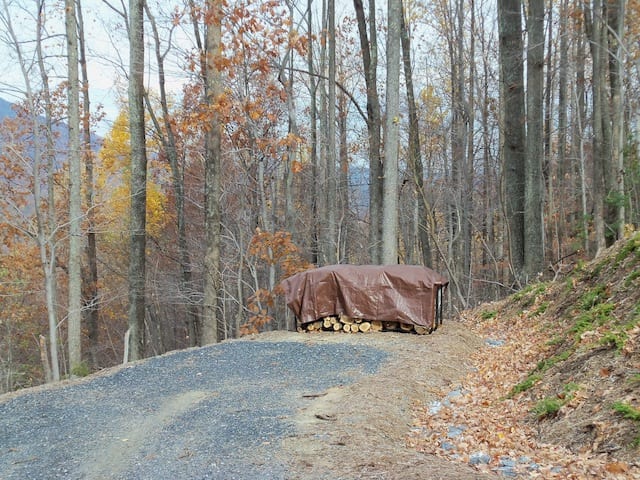Classroom teachers know all about information overload. During a lesson, they monitor student behaviors, make countless “on-the-spot” instructional decisions, follow through with specific actions and assess results. This intense, fire hose flow of information demands a teacher’s full attention and considerable energy. When implemented masterfully, lesson cycles of information-input, decision-making, action-output followed by feedback are student-focused, efficient and effective.
But with today’s technology, commitment to one’s profession continues after hours via “always on” electronic communications: text messaging, social media postings, discussion boards and email. The boundary between professional and personal time blurs, distractions increase and although we’re busier, efficiency and productivity frequently suffer.
In The Atlantic’s November 2012 Tech article “Busy and Busier” featuring James Fallow’s interview with productivity expert David Allen, Allen speaks about this constant barrage. “Information overload is not the issue,” he states. “If it were, you’d walk into the library and die. As soon as you connected to the Web, you’d just explode.” Allen defines email as the problem. Each email has information and the potential necessity for decision and action. More email messages mean more information and more decisions, which mean more busyness. Something’s got to give.
In my mind, decision-making is the real challenge, and that’s good news because I can control my decisions. Like teaching, if I’m operating the chain saw, piling or chopping wood, that’s my focus. To think of something else would turn out poor results while risking harm to others working with me and to myself. And yet, like a whining chainsaw throwing wood dust in all directions, my mind wanders to other things on my seemingly endless checklist. How can I bring myself back “on task” as we teachers say?
Allen says, “…the most information-rich place in the world is the most relaxing: it’s called nature. It has more varied horizons, more detail, more input of all sorts…” but with fewer things that demand decision or action. I wonder if I could translate nature’s lesson to other aspects of my life, that is, to stay attentive and calm at the same time.
While cutting wood, I observe the scurry of wood beetles and worms and sense the rattle of leaves, the breeze on my cheeks, and the loamy musk of the forest floor. Nature is indeed information-rich and an excellent teacher if one decides to relax and say: “This is what I’m doing now.”

And here are the results.
What are you doing now?



0 Comments